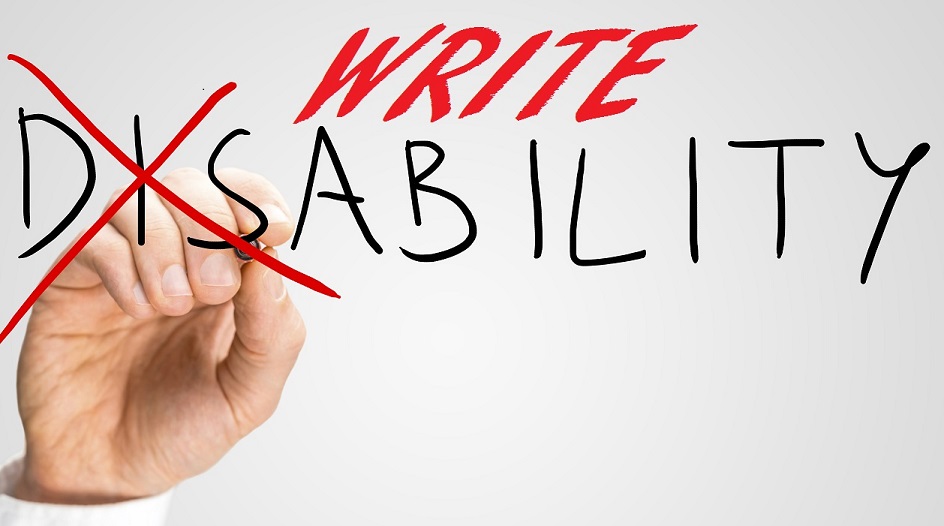Last month I was ready to go on a road trip, shut down my devices, and just vegetate for a few days. I was drained and my creative tanks were empty. The writing life was the farthest thing from my mind and my usual writing responsibilities only frustrated me more.
- Social media.
- Writer promotion.
- Blogging.
- Screenwriting.
- Content preparation.
The writing grind had gotten to me and due to the Covid-19 outbreak, a getaway was questionable. Typically this time I escape to the North Georgia Mountains to visit friends or to just be alone in nature. That is how I get my creative tanks refreshed.
Another drawback of the pandemic and remote work is always being at home, because in reality, we are always at work, too. I started working at home as a freelance remote writer a couple of years ago; it has been less stressful on me physically in regards to my disability.
However, since the world has gone on lockdown as a precaution against the virus, remote work has become more popular and the field is flooded with would-be writers all fighting for the same contracts.
This has increased the stress load for those of us already in a tough market that has been severely impacted by the pandemic. The double-edged sword means we have to adjust our pricing to be competitive and seek more work to survive. It’s no wonder many writers are struggling with writing burnout.
Burnout!
Burnout can happen to anyone, regardless of job or health and it is a serious condition. “Burnout is not simply a result of working long hours or juggling too many tasks, though those both play a role. The cynicism, depression, and lethargy that are characteristic of burnout most often occur when a person is not in control of how a job is carried out, at work, or home, or is asked to complete tasks that conflict with their sense of self.”1
Burnout can be disabling in itself. If I am tired, too hungry, dehydrated or stressed out it affects me physically: my speech is slurred, I drag my left leg and at times drool from the left side of my mouth.
These are only a few symptoms and side effects of stress on my brain injuries. Even a healthy person can suffer from the side effects of job burnout:
- Have you become cynical or critical at work?
- Do you drag yourself to work and have trouble getting started?
- Have you become irritable or impatient with co-workers, customers or clients?
- Are you troubled by unexplained headaches, stomach or bowel problems, or other physical complaints?
- Do you lack the energy to be consistently productive?
- Do you find it hard to concentrate?
- Do you lack satisfaction from your achievements?
- Do you feel disillusioned about your job?
- Are you using food, drugs or alcohol to feel better or to simply not feel?
- Have your sleep habits changed?
- Do you find it hard to concentrate?2
As you can see burnout is both a physical and mental problem that can affect our writing goals. As creatives, we’d like to think we have freedom with our art, but activities like building a platform can be more strenuous than building physical muscles since our success is out of our control.
The American dream and the art of building a platform can push us to the brink of a nervous breakdown. This can impair our creative output. And when our creativity stops flowing, so does our writing. Yet, to be successful we must keep going.
Keep Going!
If you’ve been writing for any amount of time, you understand how difficult it is to keep writing once your creative flow has stopped. This is why we must refresh and recharge our bodies and minds to keep being productive.
Whatever refreshes you or sparks your creativity, do it! Do what you need to do to keep going in your writing career. Below are a few suggestions that might help you to recharge and refocus in your writing:
- Nurturing your relationships and focusing on hobbies outside of work can help restore your sense of self and mitigate stress.
- Scheduling regular breaks, starting and stopping at set times, and minimizing multi-tasking can all help maintain boundaries and reduce feelings of burnout.
- Adjusting your work hours or location (perhaps by telecommuting) can help significantly, as an outsourcing or sharing responsibilities when possible. Setting clear boundaries between “work” and “life”—by not checking email during off-hours, for instance—and allowing for adequate downtime are also useful strategies.
- Self-care is an effective weapon in the fight against burnout, research shows. Though self-care looks different for everyone, common strategies include yoga, mindfulness meditation, massage, exercise, dietary changes, and practicing self-compassion.3
As summer comes to an end along with the endless travel, take time to clear your head, rest, and get ready for the upcoming holiday burnout!

Martin Johnson survived a severe car accident with a (T.B.I.) Traumatic brain injury which left him legally blind and partially paralyzed on the left side. He is an award-winning Christian screenwriter who has recently finished his first Christian nonfiction book. Martin has spent the last nine years volunteering as an ambassador and promoter for Promise Keepers ministries. While speaking to local men’s ministries he shares his testimony. He explains The Jesus Paradigm and how following Jesus changes what matters most in our lives. Martin lives in a Georgia and connects with readers at Spiritual Perspectives of Da Single Guy and on Twitter at mtjohnson51.





No Comments